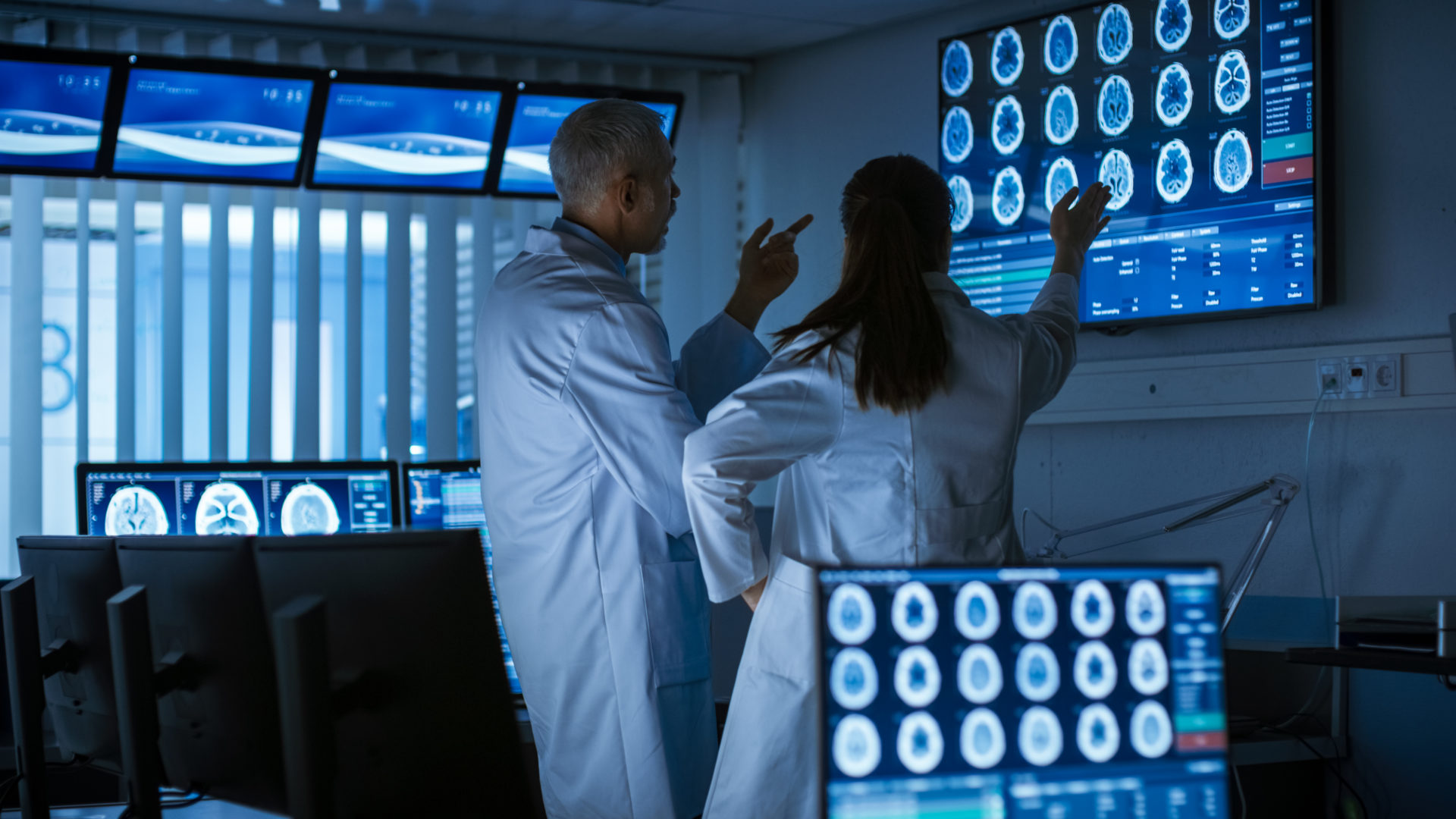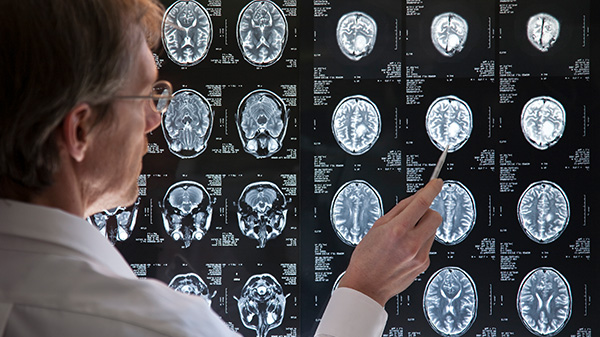
- Therapeutic Area
- Biosimilars
- Cardiovascular & Metabolic
- Cell & Gene Therapy
- General Expertise
- Immune-Mediated & Inflammation
- Neuroscience
- Oncology
- Oncology & Hematology
- Pediatrics
- Rare Disease
- Real World Evidence
- Phase
- Bioanalytical Lab
- Bioanalytical Services
- DEI
- Phase I
- Phase II-III
- Phase IIIB-IV
- Phase IV & Real World Evidence
- Pre IND
- Regulatory Strategy
- Rescue
- Type
- Article
- Brochure
- Case Study
- E-Book
- Fact Sheet
- Guide
- Infographic
- Podcast
- Poster
- Report
- Video
- Webinar
- White Paper






